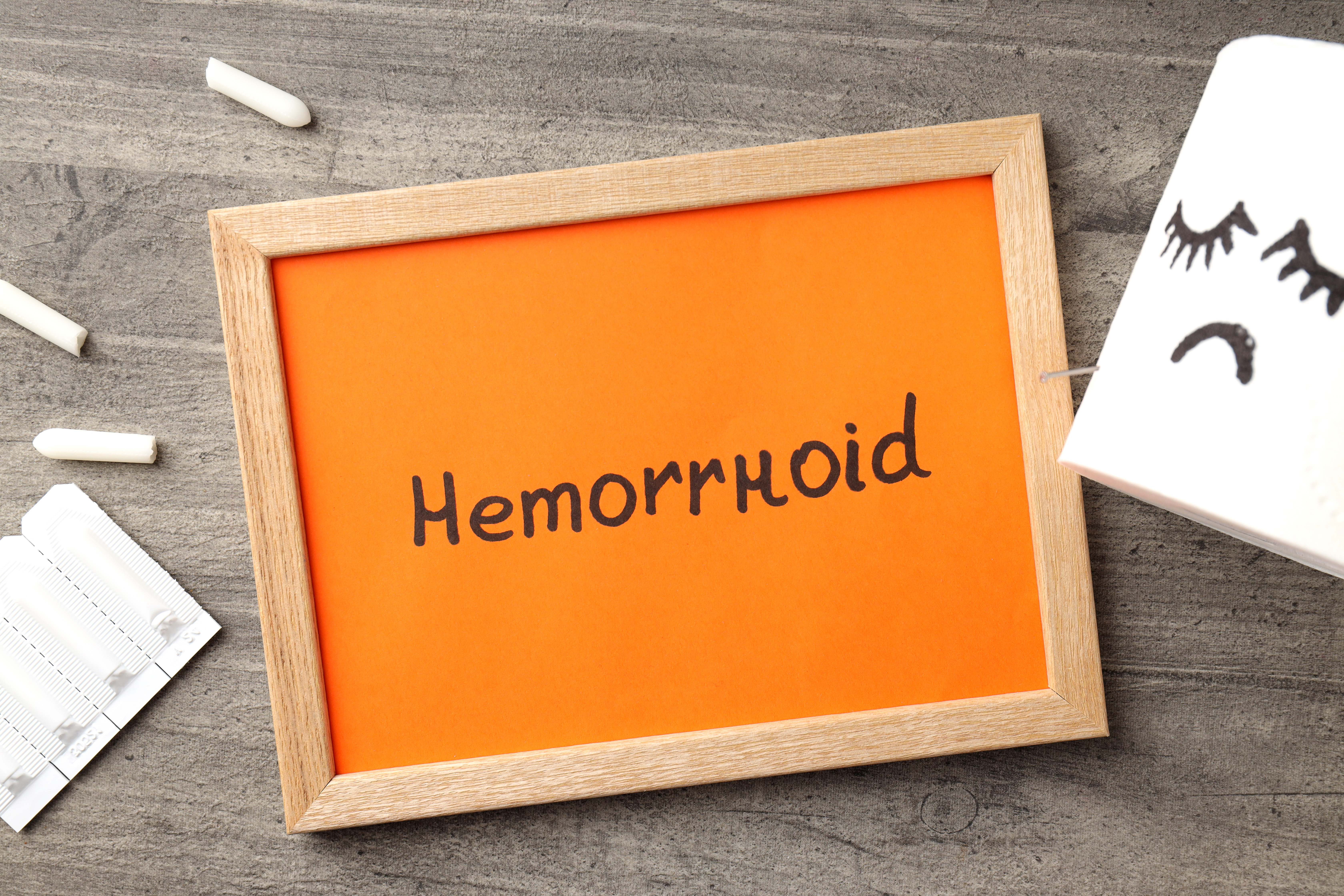Hemorrhoids
Piles (Hemorrhoid)- Piles are dilated ‘bunch’ of veins in the lower anal canal. Piles are amongst the most frequent anorectal conditions affecting approximately 4-36% of general population.
drnishaprocare@gmail.com
Contact : +91-7045050514 /+91-9136068401
Piles (Hemorrhoid)- Piles are dilated ‘bunch’ of veins in the lower anal canal. Piles are amongst the most frequent anorectal conditions affecting approximately 4-36% of general population.

Bleeding with stool is the first complaint.
Protruding mass on straining or defection.
Ultimately blood loss causes anemia and associated weakness, lethargy,dizziness etc.
Poor health low vitality, poor performance at work etc.
There are four degrees of piles 1 st , 2 nd , 3 rd , 4 th degree piles.
Grade -1 (1 st Degree) Pile - Mild pain, mild bleeding, itching. Patient can be cured with medicines and life style changes.
Grade II (2 nd Degree) Piles - Symptoms same as of 1 st degree and complaining of something coming out of per rectum or anus (SCOPR) which reducer automatically after motion can be cured and medication and Laser Surgery.
Grader III (3 rd Degree) Piles- symptoms same as grade 2 nd and SCOPR (something coming out of per rectum or anus) may require finger reduction after motion. Can be cured with Laser or Stapler Surgery.
Grade IV (4 th Degree) Pile– Symptoms worsen and the SCOPR (something coming out of per rectum or anus) is irreducible. Can be cured and Stapler Surgery along with Laser Surgery.
Causes:Hereditary
Constipation and Straining
Chronic dysentery or diarrhea
1) Spicy food, oily food, excess sour, pungent and hot spices. Excessive alcohol consumptions also cause bleeding.
2) Maida, bakery products, low fiber diet, fermented food cause constipation.
3) Pregnancy – Increased pressure on superior hemorrhoidal vein.
4) Obesity
Treatment :A) Stapler Surgery – To reduce the post operative complications and pain stapler surgery is the good alternative. The aim of this new operative approach is to reduce the size of internal hemorrhoids by interrupting their blood supply, which results in reducing its size and potential of prolapse.
This procedure is associated less post operative pain and without any external acts or wound.
Advantage –Less post operative pain.
Reduced operation time
Earlier recovery
B) Laser Hemorrhoidoplasty: A Minimally Invasive Approach for piles.
Laser hemorrhoidoplasty is a relatively new procedure for hemorrhoid treatment in which the hemorrhoidal blood flow is coagulated by the laser. Prior to procedure, patients need to be anesthetized by the anesthesiologist. Subsequently, the procedure will be conducted by the proctologist / colorectal surgeon, the laser probe will be inserted into the hemorrhoids. Due to an intense amount of heat, the laser beam cauterizes and seals off the blood vessels, therefore the hemorrhoid will simply shrink while reducing the risk of excessive bleeding during and after the procedure. Since laser hemorrhoidoplasty is a precise procedure, it leaves no effect to the surrounding tissues as well as the anal sphincters.
Laser treatment of hemorrhoids is a new highly effective, scientifically proven procedure.
Advantages:Minimal post operative pain
Less risk of complication
Least tissue trauma
Absolutely blood less
Short hospital stay
No post operative cut or dressing
Laser hemorrhoidoplasty is considered a minimally invasive procedure for haemorrhoid treatment. The procedure allows the patient to achieve the best possible outcomes with minimal discomfort, rapid recovery. The patient will return to daily routine quicker with a good quality of life.
Lifestyle Modifications to Minimize the Risk for Hemorrhoids (Piles)
Healthy bowel habits and lifestyle modifications can significantly lower the risk for haemorrhoids.
Avoid sitting in the toilet for too long (longer than 10 minutes) as it may increase the pressure on the haemorrhoids.
Do not hold in stool when the urge comes to hard stool and difficult bowel movements.
Avoid straining.
Taking high-fibre diet as whole fruits and vegetables (salad).
Drink plenty of water, at least 6-8 cups per day to help keep stools soft.
Avoid taking excessive alcohol, smoking, tea or coffee intake.
Avoid bakery products spicy, oily and fermented food.
Avoid excessive sitting at one position for long duration.